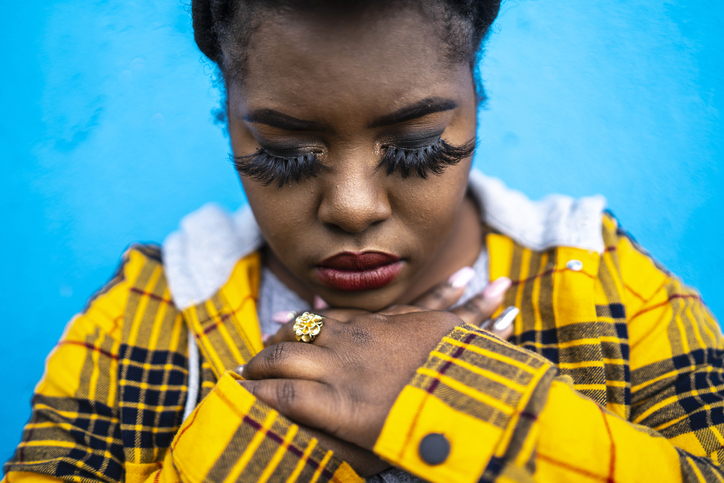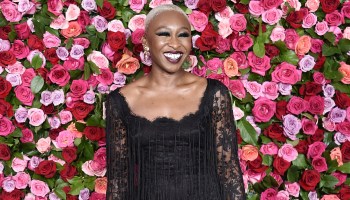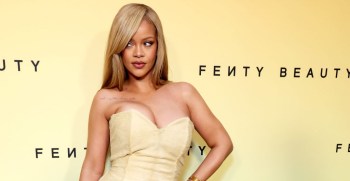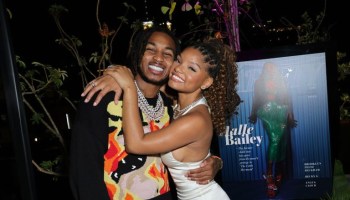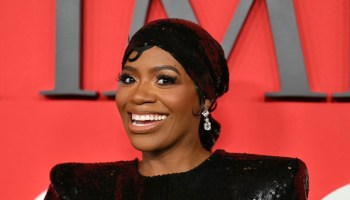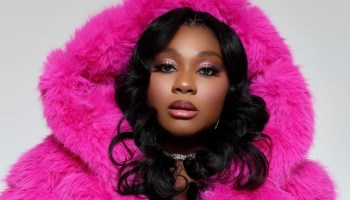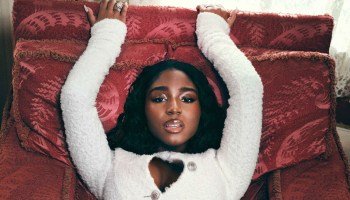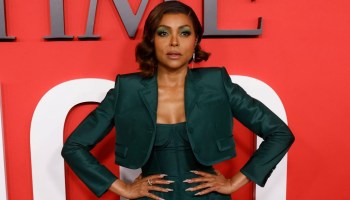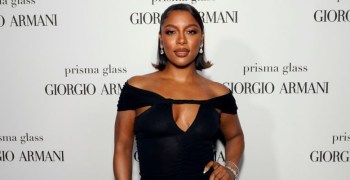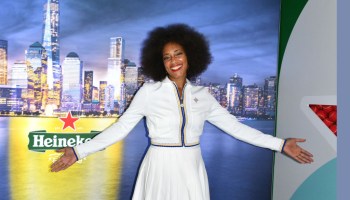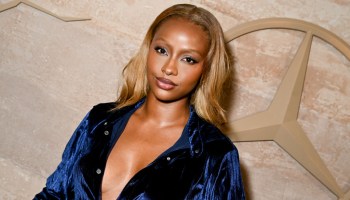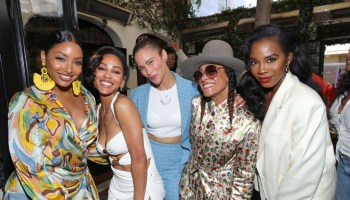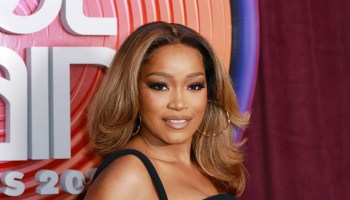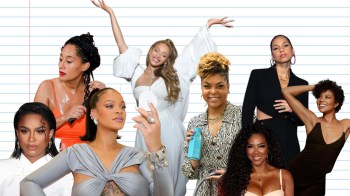Over the weekend popular Black owned brand, Juvia’s Place received a review on their new foundation line, I AM MAGIC foundation by YouTube celebrity, Jefree Star. The Internet celebrity was in his local Ulta and picked up the product, which the brand reposted. He did a full video reviewing the product, praising it for it’s full coverage and recommended it to his followers in a video. Juvia’s Place reposted Jeffree on their Instagram, thanking the popular influencer with a “We’re speechless.”
This was met with discontent from fans, followers, and fellow Beautypreneur, Jackie Aina. Starr has been linked to some alleged racist activities including using the n-word (and we’re not talking night cream) on several occasions and even allegedly called Jackie Aina a “gorilla.” Despite his apologies, many wondered why the brand would be so quick and happy for his review. Rumblings also resurfaced from multiple Black influencers who have had trouble working with the brand and when they voiced concerns, they were blocked.
https://twitter.com/jackieaina/status/1140105507375476736
Jackie Aina took to Twitter and reminded her followers, “months ago I tweeted about makeup companies who don’t giev a damn about working with or cultivating relationships with black influencers AT ALL until it’s time for them to launch a complexion product, and now look.” Aina was referencing Juvia’s place who she later claimed she hasn’t had a relationship with since 2016. The brand allegedly retorted that they reached out to Aina multiple times.
Given that Juvia’s Place is a Black-owned brand, with Black imagery, you would think that they would have an active interest in relationships with Black beauty YouTubers and influencers. However, like many brands, this one is following suit with a nasty behind the scenes that more people need to discuss. Many of these brands don’t acknowledge or support Black influencers and editors until it’s time to push a product to Black consumers. This happens not just in beauty, but also in fashion and lifestyle. It happens even more as brands get bigger (yes, even Black brands) and they start hiring white PR firms, who don’t even include Black influencers and editors of their lists.
The discussion made me think of a larger issue within the beauty industry: a lack of authenticity. Makeup profit margins are on average 12 to 1 making it a popular and lucrative industry to invest. With Fenty Beauty being valued at 72 million dollars after just one month of sales, it led beauty brands to circumvent original strategies and expand their offerings in concealers, foundations, highlighters and more. The power and influence of Rihanna literally led to a seismic shift; however, while it’s great to have options, do we want to do business and support brands that didn’t give a damn about us before they saw the Black dollar is the key to increasing the bottom line?
Gone are the days where it’s enough to just offer a product. Brands need to use their platforms and dollars to give back to communities and uplift marginalized communities. If you are marketing to Black people, support Black people. If you have a Black forward brand, meaning a brand that has Black imagery or marketing, then naturally, you would think one has interest in the Black community. This is just trickle down behavior from larger brands who don’t engage Black influencers and editors.
Dove is a great example of a company whose brand is more than their product releases. From partnering with Getty for more inclusive imagery to supporting small events where Black women can connect, it’s no surprise that they are successful. Starting as a soap company in 1995, they were doing $200 million dollars in sales in the early 1990’s. The brand then expanded their offerings through brand extensions, product innovation, and global thinking. The last time their sales were publicly reported was in 2011, and it was well over $3 billion dollars. The brand has aligned themselves with young women as well as self-esteem initiatives, creating and supporting cultural changes, ultimately making them ingrained and part of the culture. While it’s fascinating, the formula is actually quite easy. The only difference is that all brands aren’t willing to invest in the culture.
Offering 40 shades is no better than playing Black face if the behind the scenes isn’t adding up. If you are a brand, you have to think about who you are engaging with. Who are you sending your products to for review? Who are you inviting to events? Who are you partnering with? Product offerings and servicing a community are two different thigns.
As consumers, we have a choice where and how we spend our dollars. We also have a burden of responsibility in going the extra mile to learn more about the brands we are wearing and using. Just because a brand offers us a product, doesn’t mean we have to use it. Support brands with give back initiatives, that are working in communities, and who are inclusive all the time, not just when it’s profitable.
DON’T MISS:
The Body Shaming Of Inanimate Objects Illustrates The True “Larger Problem” In Society
As Sunmer Is Approaching Let’s Remember Not To Police And Judge Each Others Bodies
If You’ve Ever Dropped Your Phone While Trying To Copy A YouTube Makeup Tutorial…Read This

